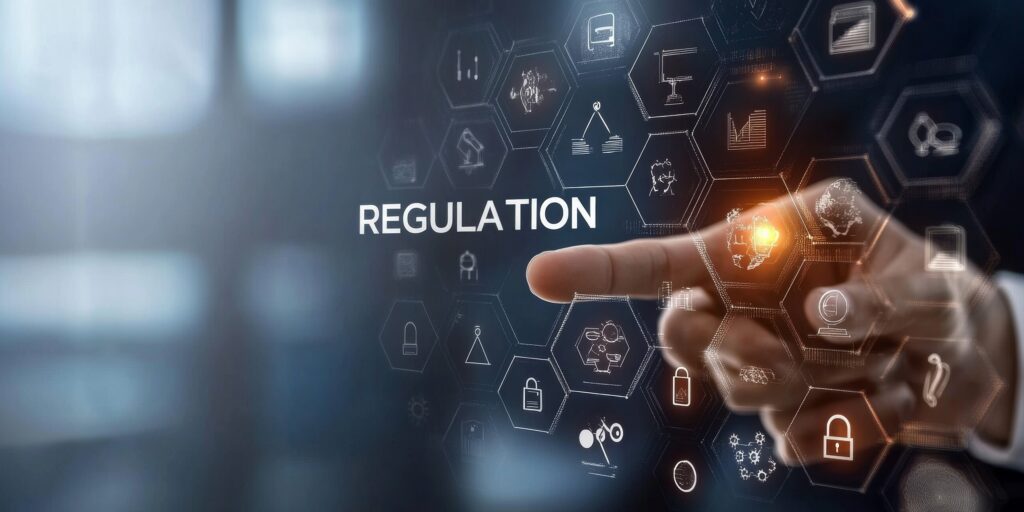I got 230 problems, but Trump ain’t one
As the final minutes of President Trump’s administration expire, he’ll be forced to accept that he failed to achieve one of his primary goals: repealing what is known as Section 230. However, just because Trump’s efforts were unsuccessful doesn’t mean that the provision is safe, as many Democrats also seem eager to see it reformed.
For those unaware, Section 230 of the 1996 Communications Decency Act shields social media platforms like Facebook, Twitter and YouTube from being held legally responsible for what their users say and do on their sites. Further, it empowers administrators of these outlets to moderate their own content, which allows them to remove posts as they see fit, including those that are hateful and illegal.
All of this makes sense, too. If someone were to run into a theater and falsely yell “BOMB!” you wouldn’t charge the theater with a crime. You’d arrest the offender.
While the president and many of his acolytes assert that platforms are misusing Section 230 to unfairly silence conservatives, censor their content and/or label their posts as false, the full repeal they desired would have backfired spectacularly.
This is because, without these protections, due to previously existing caselaw, interactive computer service providers might become potentially liable for everything posted on their platforms if they choose to moderate user content at all. As a result, they’d likely have to individually approve and fact check nearly every single post before it could be published—causing a huge backlog and resulting in even greater censorship. This would not only stifle communications and the exchange of ideas, but actually disincentivize platforms from moderating content at all. The result of that outcome would be an even more fertile breeding ground for spam, harassment and who knows what else.
With Trump’s defeat, the complete abolition of Section 230 looks much less likely, but it’s still in danger because it has recently become the focus of Democrats’ ire too. While not every Democrat necessarily shares the same objections, many complain that tech giants don’t do enough to crack down on misinformation and hateful speech. Thus, some have proposed that platforms that act in an (as yet undetermined) manner not approved by Congress would lose their protections, which would expose them to a business-killing deluge of lawsuits.
This effectively weaponizes Section 230 and allows Congress to interpose its will against private companies thereby making the legislature the arbiter of what speech is appropriate to promote. This is directly antithetical to First Amendment protections. Indeed, what kind of speech is considered preferred would be determined by the whims of a politician. That’s misguided at best—at worst; it’s chilling. After all, Congress’ track record suggests that their members are probably spectacularly unprepared to effectively and fairly accomplish this task.
The truth of the matter is that the Internet under Section 230 isn’t perfect, but it’s far better than any alternative proposal thus far. In the end, unless a better solution is devised, lawmakers should simply leave 230 alone. As it stands, individuals who misbehave online are liable for their actions and providers can moderate content on their own platforms. This is as it should be.
As for users, if they feel that these companies are too heavy handed or too laissez-faire in their moderation, they are free to ‘vote with their feet’ and migrate to another platform. There are many to choose from too—and if enough people do this, outlets will change their policies accordingly or other products tailored to consumers’ desires will grow in popularity. This represents the free market operating as intended.
Just because we do not personally like how specific companies operate doesn’t mean that the best answer is to empower Congress to bludgeon private business into some form of compliance. Rather, most of the time, the free market is the remedy we need.








